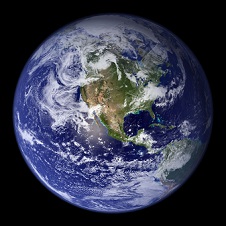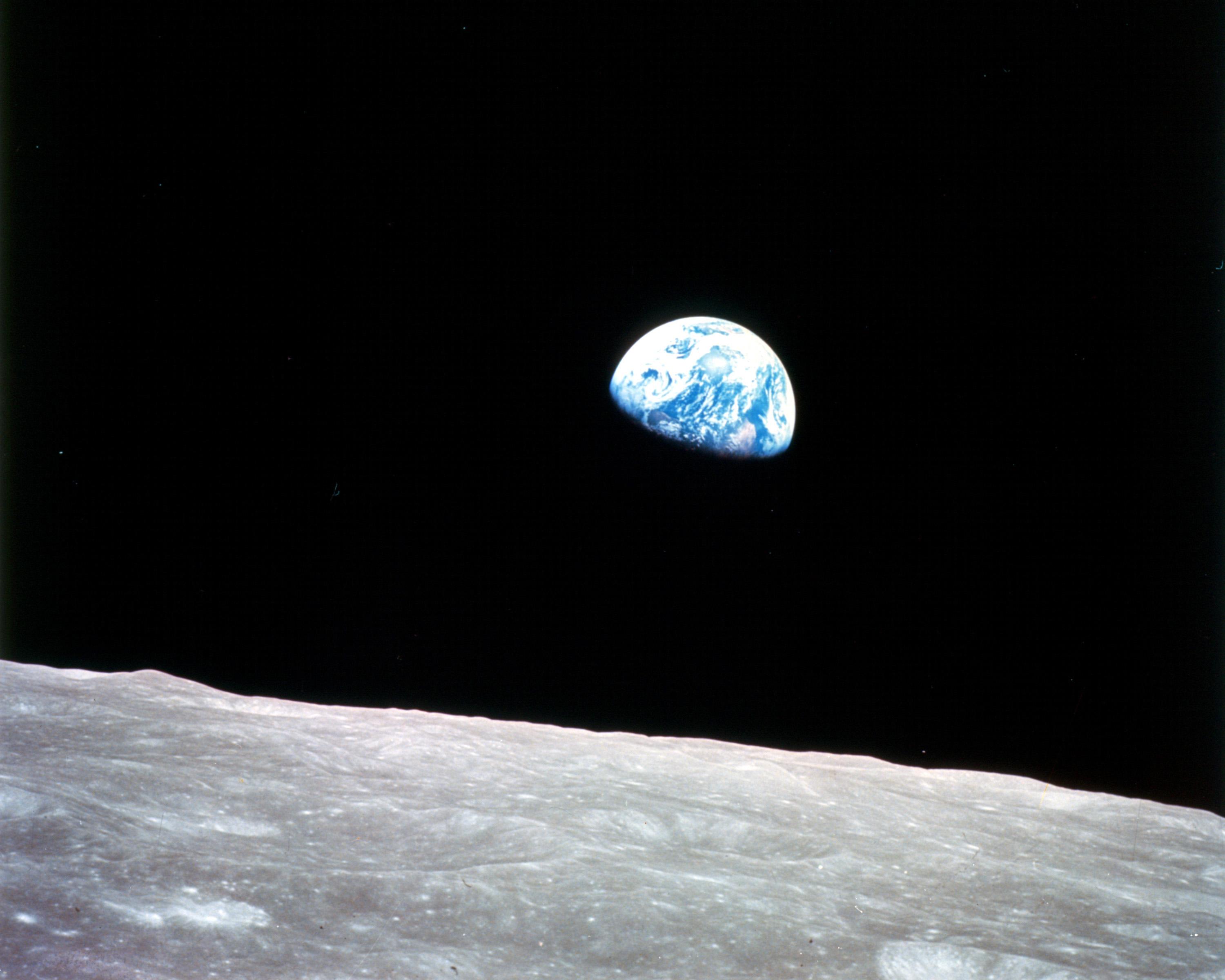
Minnesota Mathematics of Climate Seminar

September 2, 2025
The Case for Conceptual Climate Models, Richard McGehee, School of Mathematics
Climate models range from the massive Global Circulation Models to lightweight conceptual models. While the massive models are necessary for detailed predictions, they are so complex that understanding the output is a task in itself. Conceptual climate models explore basic processes with a minimum number of variables and parameters, emphasizing the role of the parameters and de-emphasizing predicting details. Mathematics offers an especially useful tool for understanding the implications of conceptual models.
September 9, 2025
An Introduction to Earth's Heat Balance, Richard McGehee, School of Mathematics
The changes in Earth's climate that have occurred during the last half century are a result of simple physics: there is more solar energy absorbed by Earth than is reradiated back into space. In this introductory lecture we will examine the scientific evidence for this imbalance, show the data estimating the magnitude of the imbalance, and extrapolate the data into the future. We will also examine the role of atmospheric carbon in creating the imbalance.
September 23, 2025
An Introduction to Budyko's Energy Balance Model, Richard McGehee, School of Mathematics
In 1969 Budyko proposed an energy balance model to explain the existence of Earth's ice caps. The components of the model include incoming solar radiation, outgoing long wave radiation, albedo, and redistribution of heat across latitudes. The model can be used to show how the ice caps change with a changing climate and to examine the possibility of a snowball Earth.
September 30, 2025
Budyko's Model and Snowball Earth, Richard McGehee, School of Mathematics
Budyko's energy balance model can be used to illustrate how a Snowball Earth could form and how it could end in a rapid melt to an ice free Earth.
October 7, 2025
From Data to Fairness: Insights from Lyme Disease Data Toward Developing Fair Nonnegative Matrix Factorization (NMF), Nika Jafar Nia, School of Mathematics
In this talk, I present an exploration of Lyme disease data using machine learning techniques, including Non-negative Matrix Factorization (NMF), classification algorithms, and anomaly detection. Our survey data set is collected from individuals who have been affected by Lyme disease. Leveraging NMF, we uncovered underlying patterns that contribute to a better understanding of the diseaseĺs symptoms, including indicators that lead to neurological manifestations of the disease. We investigate how Non-negative Matrix Factorization (NMF) can introduce bias in the representation of data groups, such as those defined by demographics or protected attributes. We present an approach, called Fairer NMF, that seeks to minimize the maximum reconstruction loss for different groups relative to their size and intrinsic complexity. Further, we present two algorithms for solving this problem. The first is an alternating minimization (AM) scheme and the second is a multiplicative updates (MU) scheme which demonstrates a reduced computational time compared to AM while still achieving similar performance. Lastly, we present numerical experiments on synthetic and real datasets to evaluate the overall performance and trade-offs of Fairer-NMF. This is joint work with Lara Kassab, Erin George, Deanna Needell, Haowen Geng, and Aoxi Li.
October 14, 2025
Welander's Ocean Circulation Model, Richard McGehee, School of Mathematics
The Hollywood movie The Day After Tomorrow portrayed the Earth falling into a new ice age as a result of a weakening gulf stream caused by global warming. Although counterintuitive, such a phenomenon occurred during the last glacial retreat. A simple model of ocean circulation introduced in 1982 by Pierre Welander illustrates this phenomenon. The model lends itself to analysis using mathematical techniques only recently developed.
October 21, 2025
Early conceptual models in ocean dynamics, Jasmine Noory, School of Mathematics
Stommel's box model can be used as theoretical backing for the prevailing Younger Dryas hypothesis: that an influx of freshwater forcing collapsed the thermohaline circulation in the North Atlantic, causing an abrupt period of cooling of the Northern hemisphere.
October 28, 2025
Uncertainty Quantification for Overshoots of Tipping Threshold, Paul Ritchie, University of Exeter
Many subsystems of the Earth are at risk of undergoing abrupt transitions from their current stable state to a drastically different, and often less desired, state due to anthropogenic climate change. One common mechanism for tipping to occur is via forcing a nonlinear system beyond a critical threshold that signifies self-amplifying feedbacks inducing tipping. However, previous work has shown that it is possible to briefly overshoot a critical threshold and avoid tipping. For some cases, the peak overshoot distance and the time a system can spend beyond a threshold are governed by an inverse square law relationship. In the real world or complex models, critical thresholds and other system features are highly uncertain. In this presentation, we look at how such uncertainties affect the probability of tipping from the perspective of uncertainty quantification. We show the importance of constraining uncertainty in the location of the critical threshold and the linear restoring rate to the systemĺs stable state in a simple box model for the Atlantic Meridional Overturning Circulation (AMOC). Thereby, we highlight the need to constrain the highly uncertain diffusive timescale within the box model to reduce tipping uncertainty for overshoot scenarios of the AMOC.